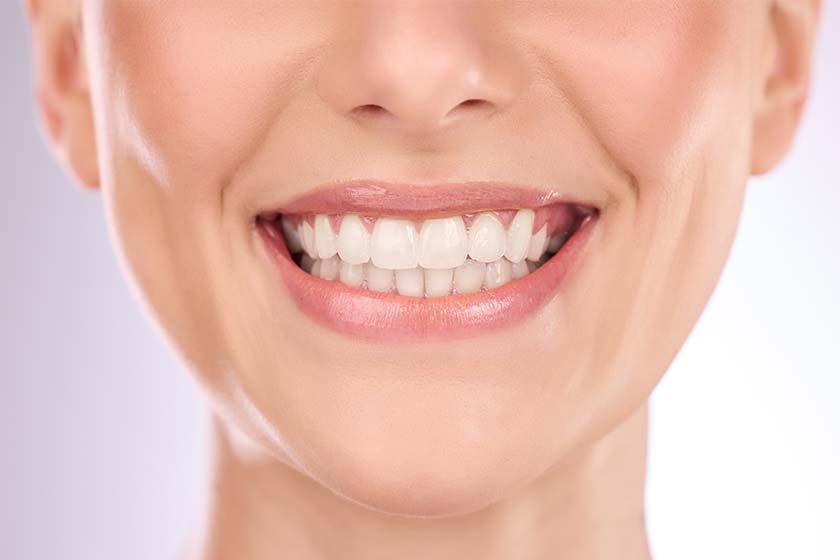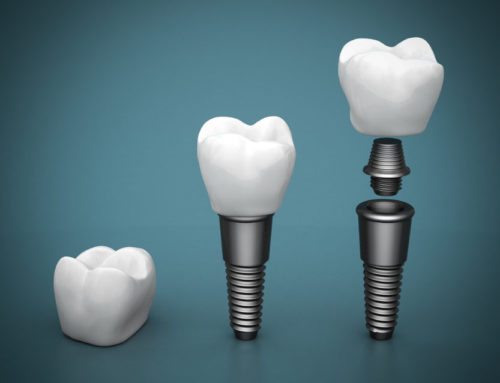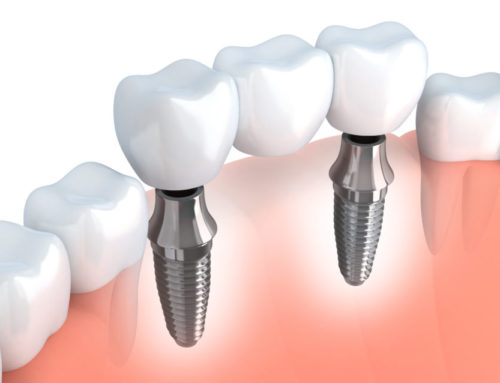Tooth decay and toothache are among the most common oral health problems. Untreated cavities can progress, leading not only to severe tooth pain but also to complications such as infections, abscesses, bad breath, and even tooth loss. However, it is possible to prevent cavities and maintain healthy teeth by taking the right precautions.
The foundation of protecting oral and dental health and preventing cavities is maintaining regular oral hygiene. Brushing teeth regularly, using dental floss, and rinsing with mouthwash help remove bacterial plaques that accumulate on teeth, reducing the risk of cavities. Brushing teeth twice a day for two minutes using the correct technique ensures thorough cleaning. This routine should also include tongue cleaning and flossing, as flossing removes food particles stuck between teeth that a toothbrush cannot reach. Oral hygiene is incomplete without flossing.
Regular dental check-ups are also essential for the early detection of cavities. In the early stages, tooth decay often does not show any symptoms. Visiting a dentist every six months allows for the timely diagnosis and treatment of cavities and other dental and gum issues before they progress. Additionally, professional dental cleanings help remove plaque and tartar, eliminating the conditions that lead to cavities.
Another crucial factor in tooth health and cavity prevention is dietary habits. Sugary and acidic foods, in particular, damage tooth enamel quickly, making teeth more susceptible to decay. Therefore, it is advisable to limit the consumption of such foods and beverages as much as possible. If brushing is not possible within half an hour after consuming these foods, rinsing the mouth with water and drinking plenty of water can help clean the teeth. Foods rich in calcium, vitamin D, and phosphorus strengthen tooth enamel, while vegetables, dairy products, and fiber-rich foods support overall dental health.
Dry mouth is also harmful to teeth. Saliva plays a protective role by safeguarding tooth enamel and regulating the acidic environment in the mouth. Therefore, it is important to stimulate saliva production. Drinking plenty of water and occasionally chewing sugar-free gum can be beneficial for dental health.
Smoking and alcohol consumption also negatively impact oral health. Tobacco products contribute to gum disease and the progression of cavities. Alcohol, on the other hand, causes dry mouth, promotes bacterial growth, and can erode tooth enamel. Additionally, smoking leads to tooth discoloration and bad breath.
These preventive measures help maintain strong and healthy teeth for many years. By practicing regular oral hygiene, attending dental check-ups, getting professional cleanings, and maintaining a proper diet, it is possible to keep teeth free from decay and pain. Dental health is an essential part of overall well-being, and taking simple steps to protect oral health provides long-term benefits.







Leave A Comment